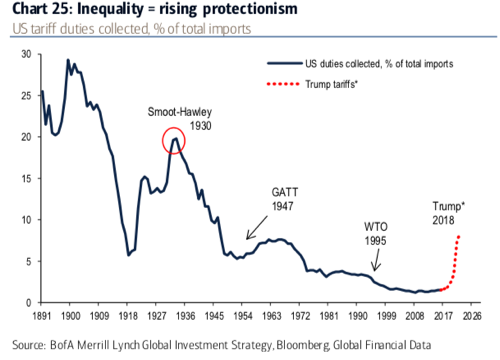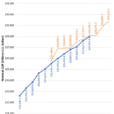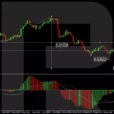The most significant and dangerous risks stem from policymaking. And on top of the list is, of course, the protectionist crusade of the Trump administration to disrupt the post–World War II global economic order the US was instrumental in building.

The impact of President Trump’s escalating trade war with China is already being felt, auto experts warn, and not in a good way.
Retaliation by China to tariffs already in place have made some American auto exports uncompetitive and could collapse US auto sales by 2 million vehicles per year, resulting in the loss of up to 715,000 American jobs and a devastating hit of as much as $62 billion to the US GDP.
As per NBC News, the Center for Automotive Research (CAR) warns that the auto industry could receive a devastating blow if Section 232 declares foreign-made cars and car parts a threat to national security.
Kristin Dziczek, a vice president and senior economist at CAR, said if Section 232 is enacted, it could trigger a “downward cycle” in the auto industry – not seen since the last great recession.

The latest research from CAR demonstrates how the trade war is disrupting the complex web of international supply chains, the repair of which will be expensive, and the jump in automobile costs could damage global and US markets. The uncertainty surrounding the trade war is also seen as extremely disruptive to business planning and hence investment plans.
The indirect effects on business investment may damage the auto industry on a medium-term basis.
Already announced tariffs on imported aluminum and steel have added about $240 to the cost of producing a new automobile in the US, said Peter Nagle, a senior economist at IHS Markit. The first round of tariffs with China has also increased the cost of foreign parts used on American assembly lines. Nagle added that the series of trade tariffs would “exacerbate” the difficulties the auto industry currently faces as it struggles to thwart the first downturn in sales since the last recession.











Leave A Comment